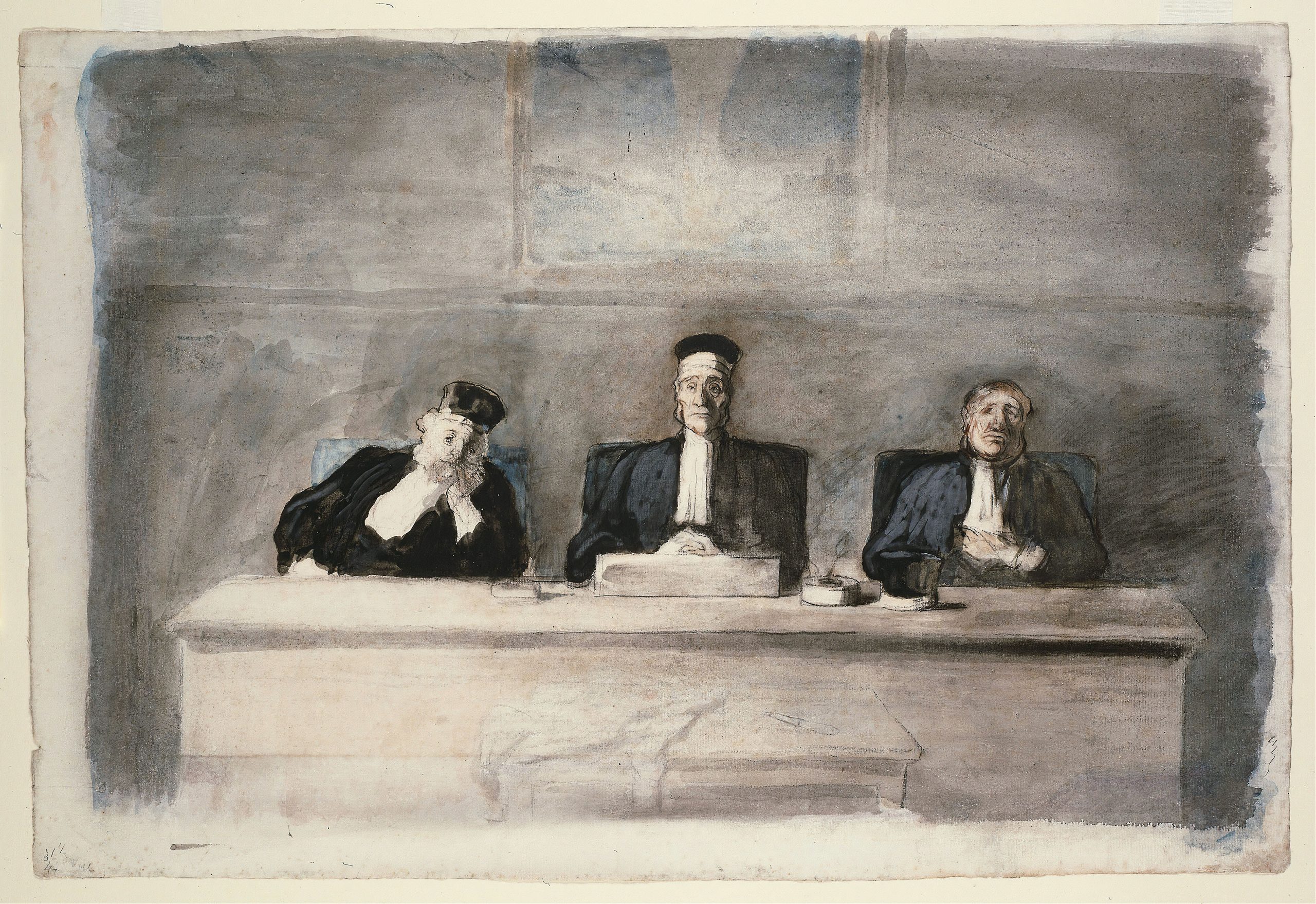The second arbitration anecdote I’d like to share (see my first “sausage factory” anecdote here) involved, once again, a 3-person arbitration panel. The case arose out of a manufacturer-distributor relationship.
Here’s how the business worked.
The high-priced hardware product at issue was sold to businesses via a national network of dealers, and the dealers often encountered price competition from competing manufacturers of this type of product. If a dealer lowered its price to meet the competition, it reduced its profit margin. To give dealers an incentive to compete in those situations the manufacturer would lower its price to the dealer if the manufacturer received written certification, via fax, documenting the price competition. This allowed the dealer to maintain its profit margin, and the manufacturer took the hit to profits.
The manufacturer discovered that one dealer had been falsely representing price competition on a large scale for several years. The manufacturer brought an arbitration case against the dealer seeking to recover the profits it had lost as a result of this fraud. I was one of three arbitrators on the case. I’ll call myself Arbitrator 1 and the other two arbitrators Arbitrators 2 and 3. All three of us were lawyers with many years of experience.
There was a two-day hearing (arbitration-speak for a trial), and as it turned out the dealer didn’t have much of a defense. One defense theory asserted by the dealer’s lawyers was that the manufacturer’s sales people had encouraged this practice, presumably to encourage sales and pump up their commissions. However, it was unable to present even a shred of evidence to support this – no testimony, no documents, nothing. Of course, in a trial what the lawyers say is not evidence – evidence is the testimony of witnesses and documents.
When the panel met to decide the case, to my surprise Arbitrator 3 said that he was experienced with commission sales people in situations like this, and he believed that the manufacturer’s sales people had encouraged the fraud. Therefore, he argued, the dealer should win the case.
Arbitrator 2 and I pointed out that this might be true in some situations, but we couldn’t reach this conclusion when there was no evidence to support it in this case. Arbitrator 3 became angry with us and said that in that case he would not join in the award. He stormed out of the conference room (leaving Arbitrator 2 and myself with mouths agape), and we didn’t hear from him again before deciding this case. The two of us went ahead and issued the award for the manufacturer.
What struck me in this case was that Arbitrator 3 was willing to decide the case based on his personal experience, even though there was no evidence that what Arbitrator 3 claimed he had seen elsewhere had occurred here. Although a jury might conceivably do this, a competent, trained judge never would, and I felt that a party in an arbitration should expect no less.
Imagine if the arbitration agreement at issue had called for a single arbitrator and the sole arbitrator had been Arbitrator 3. The distributor would have won based on the preconceptions that Arbitrator 3 brought to the case. The arbitration agreement didn’t call for a “reasoned award” (most don’t, given the extra expense involved), and the manufacturer would never have known why it lost.
I believe that parties to arbitration should be able to count on arbitrators relying on the evidence put before them, and not have an arbitrator make it up, as Arbitrator 3 did in this case. Often the evidence is in dispute, and an arbitrator (like a judge or jury) has to evaluate credibility. But for an arbitrator to decide a case where there is no evidence to support the arbitrator’s theory, is simply wrong. And, as I’ll discuss in my next (and final) post in this series, there’s nothing to stop an arbitrator from doing that. If you elect arbitration you may encounter a situation like this, and even worse you may never know it.
What’s my take-away from this? You never know what you don’t know going into an arbitration. You may believe (or your lawyer may tell you) that you have a good case, a strong case, a great case, even a “can’t lose” case (no lawyer should ever tell a client this!), but in arbitration you just don’t know. So if you’re a client heading for an arbitration hearing, and your lawyer tells you it’s the strongest case s/he’s ever seen, with an 80% likelihood of success, maybe you should discount that to 70%, and factor that adjustment into your settlement strategy.
In the last post in this three-part series on arbitration I’ll provide a few observations about the decision whether or not to include an arbitration clause in a contract.
